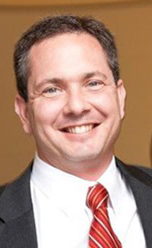George H. W. Bush: What We Know Now (That We Didn’t Know Then)
Overview
It’s been three decades since George H.W. Bush was president, and nearly three years since his death. After all that time, what do we really know about his life and time in office? A LOT more than we used to. Thirty years has provided time for archives to open, diaries to become available, and frankly, tongues to loosen. There is plenty new to learn about this man: especially the critical role he (secretly) played in keeping the Cold War’s end from turning hot. In this lecture, Professor Engel reminds students of the key events of Bush’s presidency—which he contends were the most dramatic four years on the international stage for any US president (save Franklin Roosevelt), and more importantly, what we now know—and what you are glad you didn’t at the time!
Discussion Questions:
- Should the United States have done more to sanction, economically or otherwise, the People’s Republic of China after the Tiananmen massacre of June 4, 1989?
- Should the American people care about a president’s private life? Do Presidents even have ‘private’ lives?
- Should the United States have led the political and military coalition against Saddam Hussein’s Iraq in 1990-91 for the purpose of liberating Kuwait? Did Bush end the war too quickly?
- Describe Bush’s foreign policy in one word: particularly, his vision for America’s global role. Offer examples to justify your choices.


